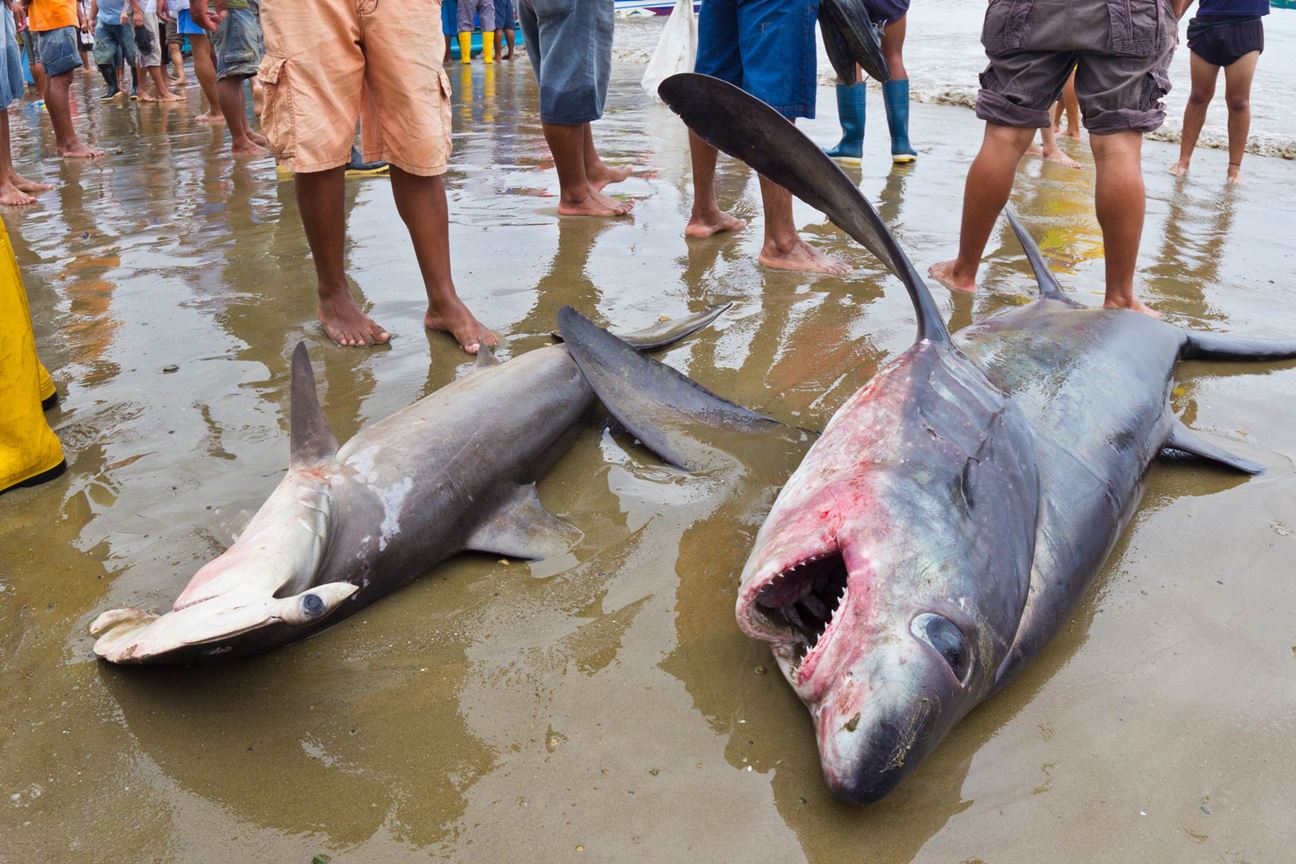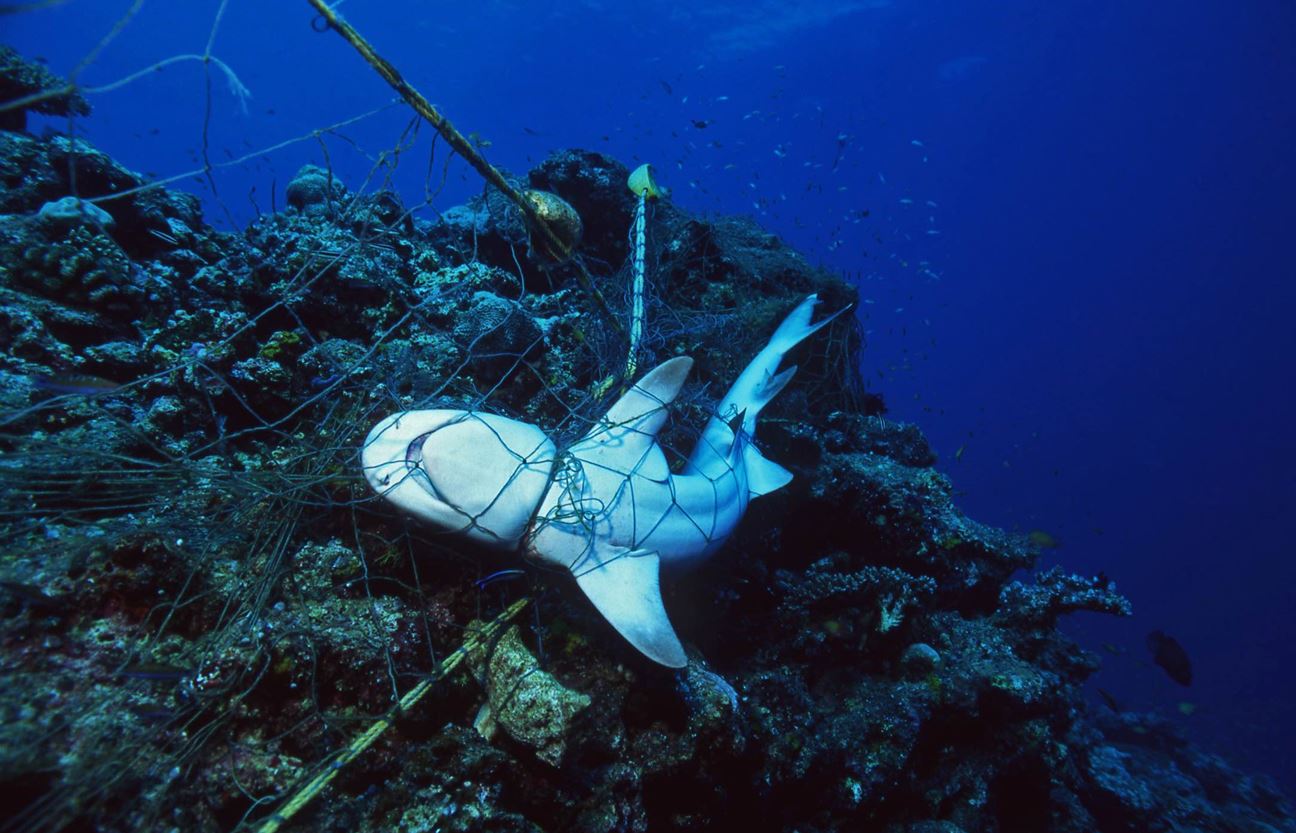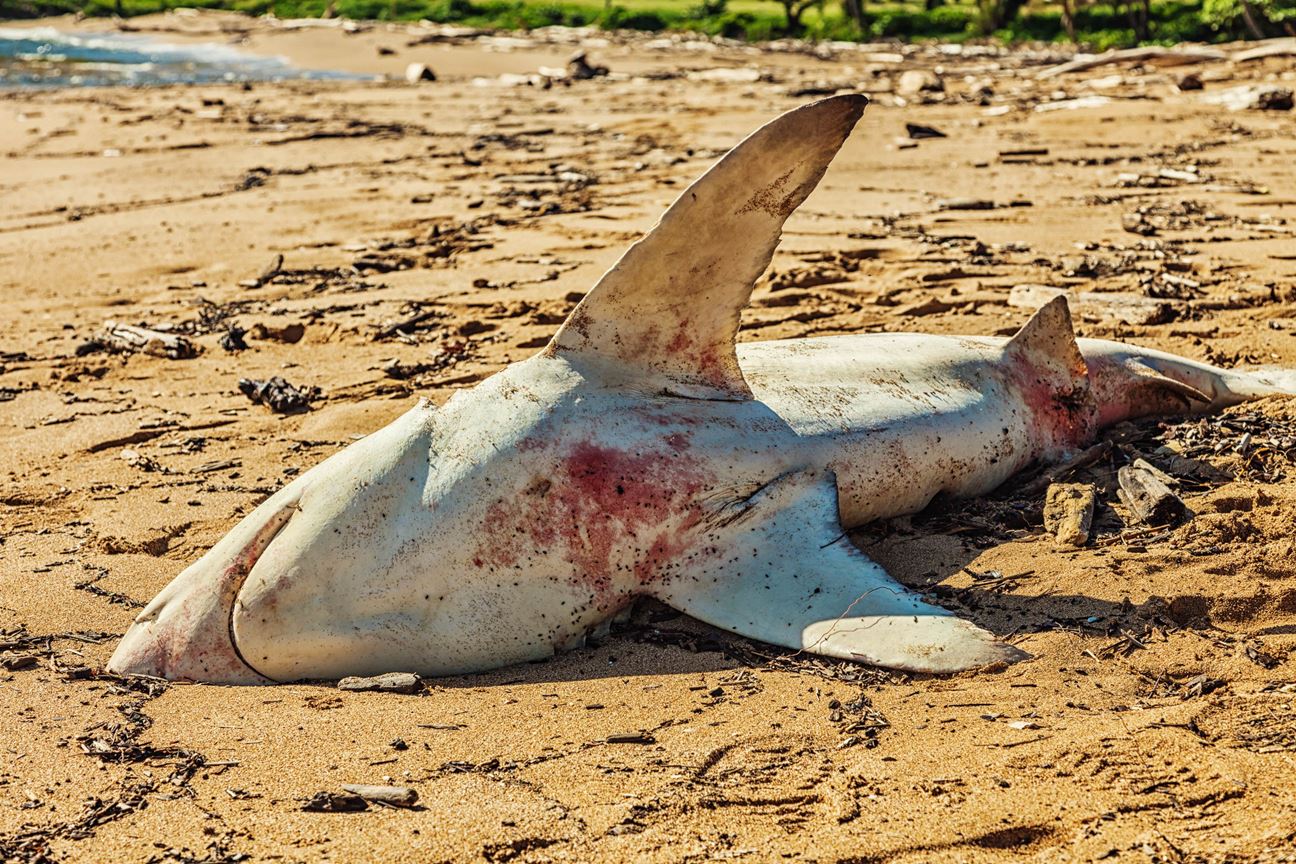A summary of how shark-attack gore movies that began with the ever-so-famous 'Jaws' really gave sharks a bad reputation and how that really affected their numbers and population.
“Knowing what I know now, I could never write that book today” - Peter Benchley, the author of Jaws, the award-winning book published in 1974 that took the world (mostly the U.S.) by a storm. In 1975 it was instantly given a Spielberg film adaptation: A heroic tale of three men trying to kill a great white shark that was targeting and preying on their town, and Jaws became mainstream worldwide. The book was written depicting the shark having personal grudges against the men. Sharks don’t hold grudges, they’re sharks. The book was fiction. Did the world understand that?
No.
What followed was a classic tale of people gaining false justification for killing sharks because of the desensitisation the movie had caused. You must have heard that you’re statistically more likely to be killed by a cow than a shark, but this "man-eater" image created a certain hype - and the hype created fear - and the fear killed a lot of sharks! People went out on hunts to find and kill sharks. The movie glorified shark-killing and made it a heroic and "manly" activity. They went out of their way, deep into shark territory to hunt them for sport. Contrary to what you’d think, hunting a shark does not require complex fishing gear - people just used spears.

Is this real? Is there proof? Did one movie (well, four movies counting the unnecessary, money-grabbing sequels) really affect shark populations enough to be noticeable? Unfortunately, yes. George Burgess, the director of the Florida Program for Shark Research, suggests that there was shocking 50% decline in the population of large sharks on the east coast of North America following the release of Jaws in 1975. Research by Dr Julia Baum reports an alarming drop of 89% in Hammerhead sharks, 79% in Great White sharks and 65% in Tiger sharks between the years of 1886 and 2000, just fourteen years. However, it shouldn’t be ignored that there are other contributing factors to the decline in shark population - like hunting for regional medicines, shark fin soup, commercial fishing bycatch and of course (everyone’s favourite) plastic and pollution-related deaths.

Again, was it really just Jaws though? Shockingly, the narrative set by this movie and all the other shark-attack movies that followed Jaws, has managed to govern shark-related laws! It is well known that many sharks are legally protected species due to their largely threatened numbers. The West Australian government in 2014 applied for permission to kill all Rogue sharks, that were protected by the law, using this Jaws-based fear-mongering. Dr Christophe Neff from the University of Sydney studied that shark-hunting polices since 2000 in West Australia, were not based on scientific evidence but rather based on the hype created and used by politicians to create baseless policies. He called this the ‘Jaws Effect’, and the Jaws Effect has killed more animals than a shark ever has.

Has It Really?
Absolutely. The Jaws Effect is also called the ‘Finding Nemo’ effect. Clownfish and Dory fish populations really declined after Finding Nemo released (although Finding Nemo was quite shark-positive). People wanted these exotic coral fish as pets. There was such a large spike of abandoned huskies in North America after the popularity of the dire wolves in Game of Thrones. Understandably pop culture and films have an effect on the consumerist and materialistic nature of the human animal, however, this is lives we’re talking about — this is laws we’re talking about. Is it time that we really consciously look at the content we create and realise that it does not exist in a vacuum?
A silver lining to this dire article: remember Peter Benchley, the guy who originally wrote Jaws? Well, he felt terribly guilty seeing peoples’ violent reactions to his fictional book. He married a Marine Biologist and was a Shark and Ocean Conservationist for the rest of his career until he died in 2006. He was a member of the National Council of Environmental Defense and he famously said: “The shark in an updated Jaws could not be the villain; it would have to be written as the victim; for, worldwide, sharks are much more the oppressed than the oppressors.”